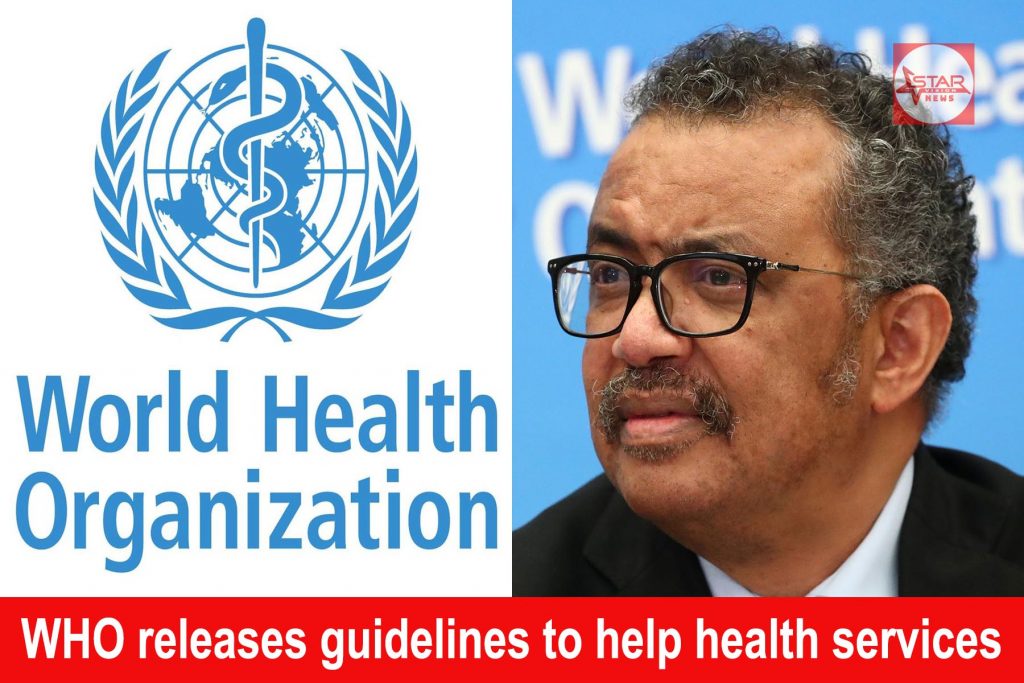The best defence against any outbreak is a strong health system, stressed WHO Director-General Tedros Adhanom Ghebreyesus. The COVID-19 pandemic is straining health systems worldwide.
The rapidly increasing demand on health facilities and health care workers threatens to leave some health systems overstretched and unable to operate effectively.
To help countries navigate through these challenges, the World Health Organization (WHO) has updated operational planning guidelines in balancing the demands of responding directly to COVID-19 while maintaining essential health service delivery and mitigating the risk of system collapse.
This includes a set of targeted immediate actions that countries should consider at national, regional, and local level to reorganize and maintain access to high-quality essential health services for all.
“COVID-19 is revealing how fragile many of the world’s health systems and services are, forcing countries to make difficult choices on how to best meet the needs of their people,” said Tedros Adhanom Ghebreyesus.
The guidelines stress the importance of keeping up-to-date information. This requires frequent transparent communications with the public, and strong community engagements so the public can maintain trust in the system to safely meet their essential needs and to control infection risk in health facilities.
This will help ensure that people continue to seek care when appropriate, and adhere to public health advice.


